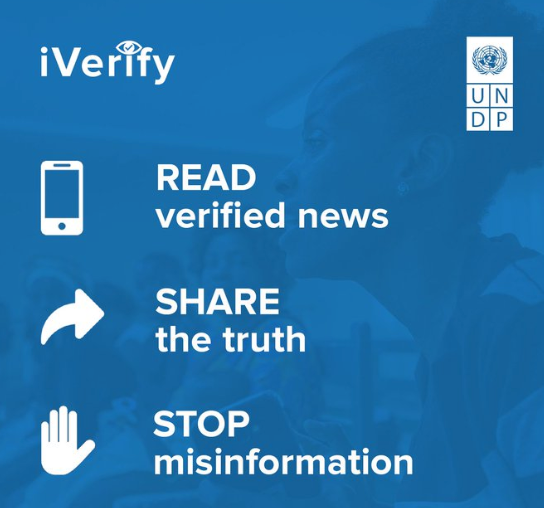Brendan O’Neill clearly doesn’t think Caitlin Moran’s new book What About Men? is worth reading:
Men, I have bad news: Caitlin Moran is coming for us. She comes not to man-bash, not to holler: “All men are rapists!” It’s worse than that. She feels sorry for us. “I’m violently opposed to the branches of feminism that are permanently angry with men”, she writes at the very start of her very bad book. Instead she pities us. She frets over our toxic stoicism, our inability to be vulnerable, our unwillingness to be open about our fat bodies and small cocks. She wants to save us from all the “rules” about “what a man should be”. From all that “swagger” and “the stiff upper lip”. By the end I found myself pining for some good ol’ angry feminism. Give me Andrea Dworkin’s anti-fella fury over this matrician tripe any day of the week.
What About Men? is, I’m going to be blunt, rubbish. I knew it would be from the very first page where Moran says that “when it comes to the vag-based problems, I have the bantz”. Imagine using the word bantz unironically in 2023. What she means is that she’s done all the vagina stuff. She’s completed feminism. She’s known as “the Woman Woman”, she says, in an arrogant timbre that puts to shame those cocksure blokes who stalk her nightmares. She wrote the bestselling pop-feminist tome, How To Be a Woman (2011), which contained such gems of wisdom as “don’t shave your vagina” because it’s better to have a “big, hairy minge”, a “lovely furry moof”, “a marmoset sitting in [your] lap”, than a bald cooch. (Emmeline Pankhurst, I’m so sorry.) So now, naturally, she’s turning her attention to men. She’s discovered there is “a lot to say” about “men in the 21st-century”. Lucky us.
What she says about us is almost too daft for words. You realise by about page 22 that she’s never met a bloke from outside the media-luvvie, ageing rock-chick, “Glasto”-loving circle she famously inhabits. (I almost died of second-hand embarrassment when she said in How To Be a Woman that she lives an edgy existence, “like it’s 1969 all over again and my entire life is made of cheesecloth, sitars and hash”. Maam, you write a celebrity column for hundreds of thousands of pounds for The Times.)
Even her cultural references in What About Men? are off, as befits a woman who is essentially a square person’s idea of a cool person. She laments that young men are in “the grip of a fad” for super-skinny jeans. Jeans so tight they look “sprayed-on”. Jeans so tight that the poor lad’s balls end up “crushed against the crotch seam, in vivid detail”. Really? It’s not 2006. Bloc Party aren’t in the charts. I’m no follower of fashion but even I know most young men haven’t been wearing bollock-squashing jeans for a few years now. My nephews wear baggy jeans, à la Madchester. Pretty much the only time you see unyielding denim these days is on the portly thigh of a mid-life-crisis middle-class dad. The kind of men, dare I say it, that Ms Moran mixes with.
Her commentary on t-shirts is a dead giveaway, too. The only fashion flare the tragic male sex is allowed to enjoy is the tee, she says. Especially past the age of 40. You’ll see fortysomething fellas in “band t-shirts, slogan t-shirts, t-shirts with swearing on”, she says. Will you? Where? Again, only in the knowingly dishevelled privileged set Moran exists in. Every man in his forties I know always manages to put a shirt on. So desperate are emotionally repressed men to express themselves, says Moran, that some even buy t-shirts “from the back pages of Viz” that say things like “Breast Inspector” or “Fart Loading: Please Wait”. Not once in my life have I seen a man in a Viz tee. The problem here isn’t men – it’s Moran’s man-friends. She could have saved herself the trouble of this entire book by befriending some normal blokes.
That Moran’s pool of men is shallow is clear from the fact that all the men she talks to for the book seem to be as steeped as she is in chattering-class orthodoxy. She includes a transcript of long chats with male acquaintances and, honestly, reading it feels like being stuck in a lift with craft-beer wankers who do IT for the Guardian. At one point she informs her readers that her male friends are mostly “middle-aged, middle-class dads who know about wine, recycle, have views on thoughtful novels” and would probably “cry if they saw a dog struggling with a slight limp”. Writing a book about men from the perspective of men like that is like writing a book about women from the perspective of Princess Anne.






